
01 Dec, 2022
Spreadsheets ultimately become unworkable for growing businesses. Enterprise resource planning (ERP) software fills this need by gathering and organizing crucial company data and assisting businesses in maintaining lean, effective operations even as they grow.
The majority of company professionals are familiar with the word "ERP," but they might not fully understand the benefits that these systems can provide their teams. We'll go over everything there is to know about ERP, including how it functions, what it can do for your company, how to pick the best option, and much more.
If you have any queries concerning enterprise resource planning, continue reading for answers.
An enterprise resource planning (ERP) system essentially consists of an application that automates corporate operations, offers internal controls and insights, and gathers data from several departments, including accounting, manufacturing, supply chain management, sales, and marketing (HR).
Once data has been collected in that centralized database, executives have cross-departmental visibility that enables them to assess numerous situations, find process improvements, and produce significant efficiency benefits. As a result, costs are reduced, and employees are more productive since they spend less time looking for information.
ERP systems are essential tools for businesses across sectors and of all sizes because they pay off greatly when they are specifically designed to match the demands of a particular firm. For the past 25 years, many of the most well-known and prosperous companies in the world have relied on ERP. Now, the configuration and cost of this software may be adjusted to suit the demands of companies of different sizes.
Put simply, an ERP system helps unify people, core business processes, and technology across an organization.
ERP systems are now standard equipment for companies wanting to allocate resources efficiently. They can aid in the reallocation of people and financial resources or the development of fundamental business procedures that are more cost-effective without compromising on quality or performance.
When it comes to cooperation and planning, an ERP is also useful. Employees have detailed access to the inventory that is currently on hand, customer orders, supplier purchase orders, and anticipated future demand. They can make modifications if necessary to prevent issues. As a result of employees being able to check on the state of other departments to inform their own decisions, ERP software also enhances communication and cooperation.
An ERP system offers a variety of reports and analytics as a complete source of data that may make a significant impact on the company. An ERP tool that executives find helpful is the ability to transform a massive amount of data into charts and graphs that clearly explain patterns and assist in modeling potential outcomes.
ERP gives businesses the ability to pinpoint areas where they may expand or enhance their operations. User adoption is crucial because teams are more likely to identify issues, such as a spike in demand for a particular product, delayed shipments from a supplier, or an imminent cash flow crisis, the more employees who have access. The problem can then be proactively mitigated to the greatest degree by employees.
In general, executives are results-oriented, employing data to accomplish goals like improving efficiency, cutting costs, and adapting to shifting customer demands or market conditions.
For business units, ERP software may automate a variety of labor-intensive processes that are prone to mistakes, such as account reconciliations, customer billing, and order processing, while also giving teams the data they need to work more productively.
However, the true beauty of ERP lies in its ability to provide both a high-level overview of the state of the business and in-depth insights into a particular process or KPI by not only storing and organizing data but also spotting patterns and alerting users to anomalies that need further investigation. With a spreadsheet, try that.
Employees are no longer required to sift through a desktop's worth of papers or files. With cloud-based ERP, a salesman may check inventory while at a customer location, or a warehouse manager can log in from a mobile device while on the work floor.
As inventory is retrieved, payments are posted, or emails are sent to clients, the ERP system is promptly updated since it is always getting information from numerous departments. Because decision-makers are basing their decisions on current facts, this offers a significant advantage.
All decision-makers are on the same page thanks to a shared database. Companies can plan and deliver dynamic reports automatically, and there are no redundant or competing sources of information. want to go deeper? Just click the report to obtain the underlying data.
The extensive feature sets of today's ERP packages serve enterprises in several ways. Although each company may view the value of this technology differently, the following are some important, all-encompassing benefits that ERP offers:
One of the major benefits of ERP systems is that they may help your company save money in a variety of ways. You may reduce mistakes and the requirement to hire more personnel at the same rate as business development by automating numerous straightforward, repetitive processes. Cross-company visibility enables better resource allocation of all resources, including inventory, personnel, and equipment, and makes it simpler to identify inefficiencies that raise costs. And with cloud ERP, businesses may immediately realize additional value from the software beyond what they are already paying for.
With all processes and information in one location, users of the system may view the performance of many business operations that are pertinent to their tasks, including the status of projects. This visibility may be very useful for managers and leaders, and it is far quicker and simpler than looking for the appropriate documents and continually seeking updates from coworkers.
Data is only meaningful if businesses can analyze and comprehend it, and an ERP aids in this process. Leading systems include remarkable reporting and analytics features that let users present whatever metrics or comparisons they can think of in addition to tracking KPIs. Due to its comprehensive nature, an ERP may assist a firm in comprehending how a change or issue with a procedure in one department impacts the corporation as a whole.
ERPs can access real-time data from across the organization, allowing them to identify important patterns and offer in-depth business information. Organizational leaders make better decisions as a result of having simple access to all pertinent facts.
An ERP may assist your business in being secure and compliant since financial reporting requirements and governmental and sector-specific data security rules change often. By recording the lifespan of each transaction, including adherence to necessary approval protocols, an ERP offers an audit trail. Automation can help businesses lower their risk of mistakes and associated compliance hiccups. SaaS systems are well-suited to assist businesses with PCI-DSS compliance, while ERP software offers financial reporting that adheres to standards and regulations.
There are several ways that ERP technology lowers risk. Financial controls may be strengthened and fraud can be decreased with granular access control and well-defined approval routines. Additionally, more precise data prevents errors that can result in missed sales or fines. Finally, having access to the operation's overall status helps staff to respond promptly to hazards brought on by interruptions in activity.
ERP companies take the required precautions to protect the security of your system's sensitive and important data. Due diligence is now more crucial than ever due to the frequency and size of cyberattacks. Modern security methods are used, in particular by cloud ERP software, to protect your business from destructive attacks.
When a team works well, everyone benefits. Information like purchase orders, contracts, and customer support records may be easily shared between teams thanks to ERP solutions. By allowing employees proper access to current data on connected company operations, it breaks through departmental barriers.
The ideal ERP system will be adaptable and expandable enough to satisfy the demands of your business both now and shortly. In particular, cloud systems adapt to both modest and significant operational changes as the volume of data the company collects and access requests grow.
ERP software has the flexibility to accommodate various procedures and goals, while also assisting firms in adhering to best practices. Administrators can design company-specific procedures and generate automatic reports that are crucial to various departments and executives using the system. An ERP fosters innovation and creativity inside your company.
While the majority of organizations find that contemporary ERPs support their operations "out of the box," certain businesses discover that they need to expand on the robust built-in features. If you have a lot of specific procedures, seek a system that is extendable so that your integrator or IT team may develop code to add the required capabilities or link with custom or outdated solutions. The prebuilt features and configurations that current ERP packages provide are based on best practices acquired from hundreds of enterprises, so before choosing the bespoke way, take a good look at your operations. Reduce the amount of customization.
An ERP may improve a business's connections with its clients and partners. With the help of the cloud, information interchange is made even better and more practical. It may offer insights into suppliers, transportation companies, and service providers. The technology may track customer survey replies, support requests, refunds, and more so that the business can keep an eye on customer satisfaction levels.
The advantages of ERP have been recognized by businesses in many sectors and with a variety of company structures. Solutions that are adaptable and have a lot of flexibility can meet the needs of many different types of businesses.
The following sectors depend on ERP to manage their businesses:
Many job functions inside such firms gain from ERP, including but not limited to:
Finance/Accounting: The accounting staff frequently adopts new technologies early. All transactions and other financial data in the system, such as payroll, accounts payable (AP), and accounts receivable (AR), will be tracked and reported on by this group. Financial planning and analysis (FP&A) specialists may use ERP to transform thorough financial data into projections and reports on revenue, costs, and cash flow, whether they are a separate job or a component of the accounting department.
Supply chain: Employees that are primarily concerned with operations, such as buying agents, inventory planners, warehouse managers, and senior supply chain executives, rely on the ERP system to make sure that commodities are delivered from supplier to consumer smoothly and continuously. To manage inventory levels, prioritize orders, maximize on-time delivery, prevent supply chain interruptions, and discover wasteful or manual operations, they rely on the system's precise, complete information.
Sales and marketing: By automating lead management and keeping track of the interactions prospects make with your business, an ERP solution may boost sales force efficiency and produce better outcomes. As prospects progress through the sales funnel, reps may record conversations and modify the status of the prospects. In order to more effectively distribute its money, marketing may use the same information to automate and manage outreach via all channels, including social media, display advertisements, and email.
Human resources: Using the ERP, the HR division keeps track of all personnel data as well as general workforce trends. It can rapidly locate each employee's contact information, information about their pay and perks, and other papers. To help line-of-business managers and better distribute its own workers, HR can also track measures like retention by department, average compensation by title, promotion rate, and other indicators.

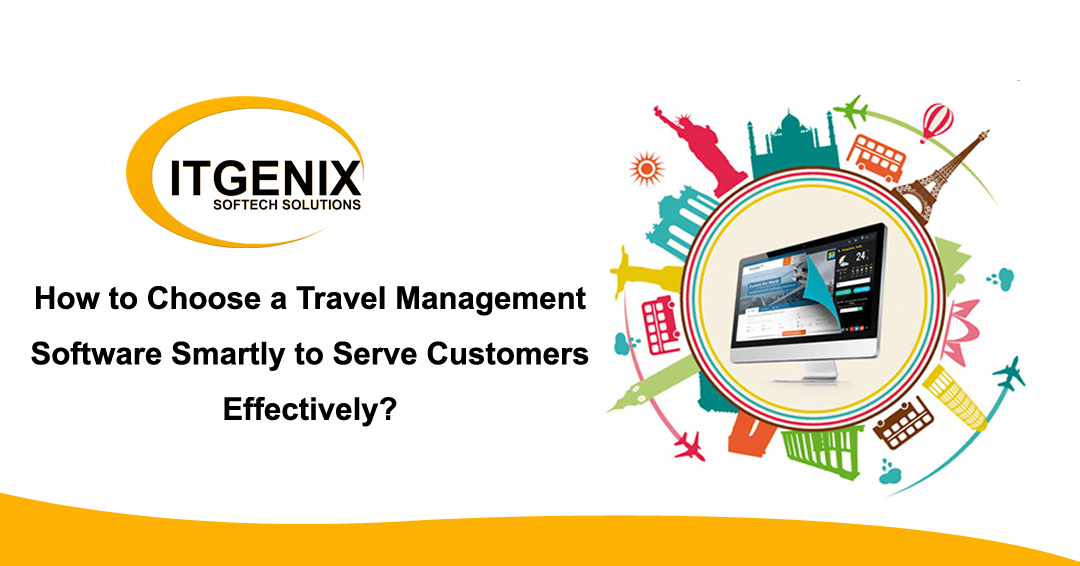
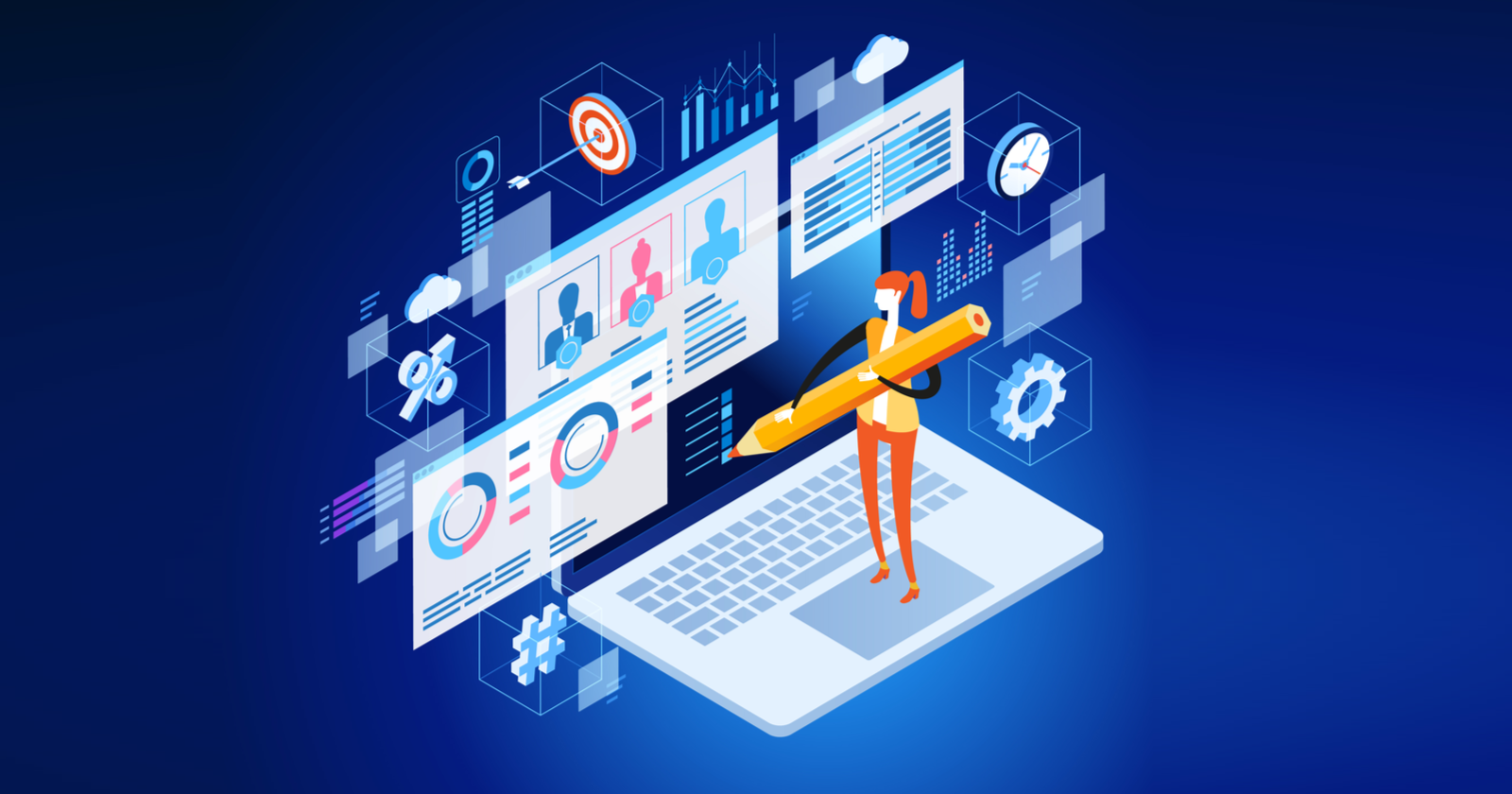


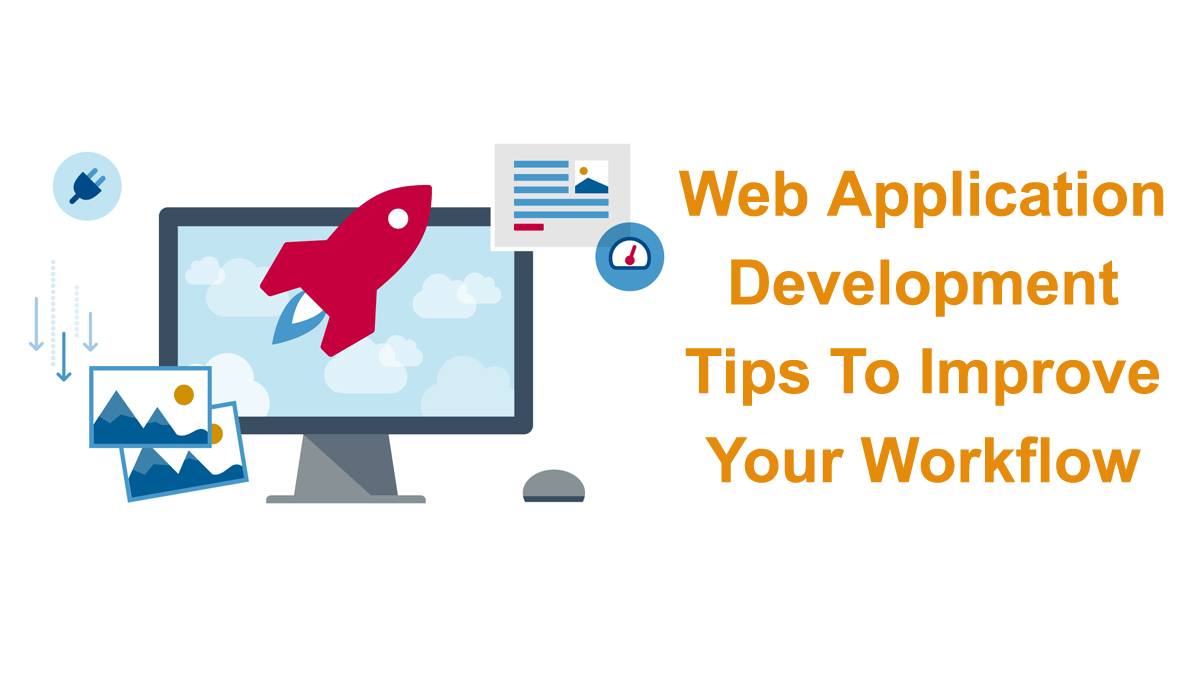

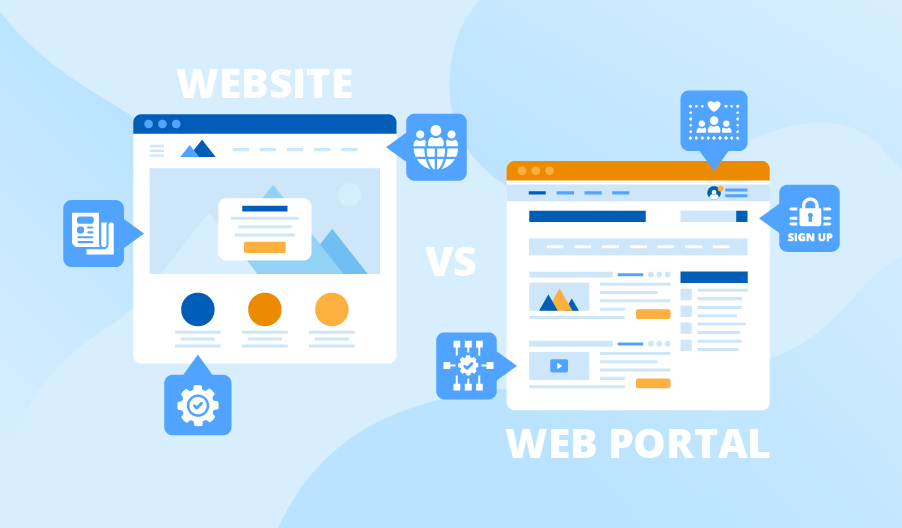
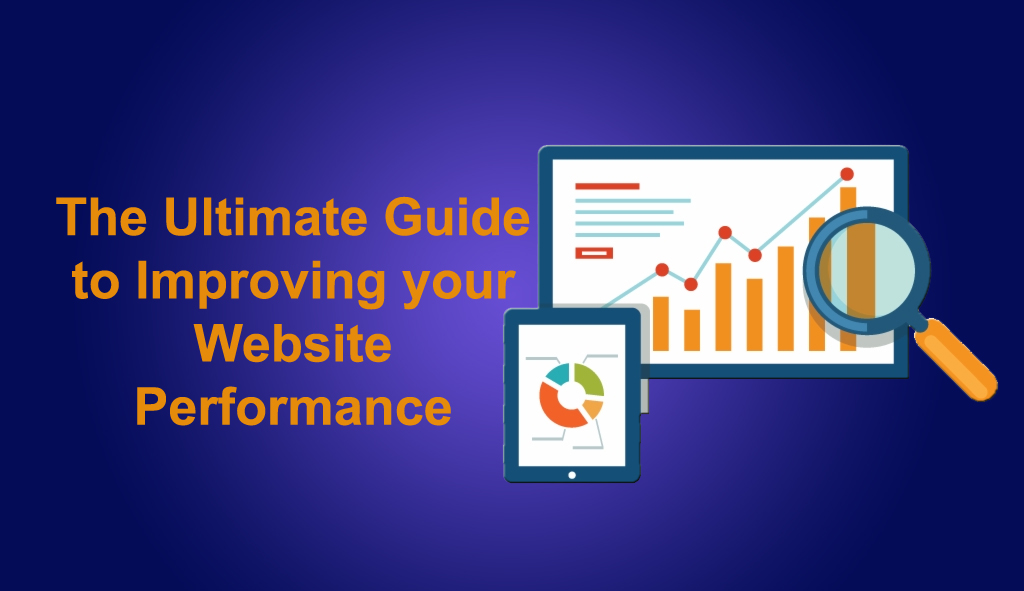
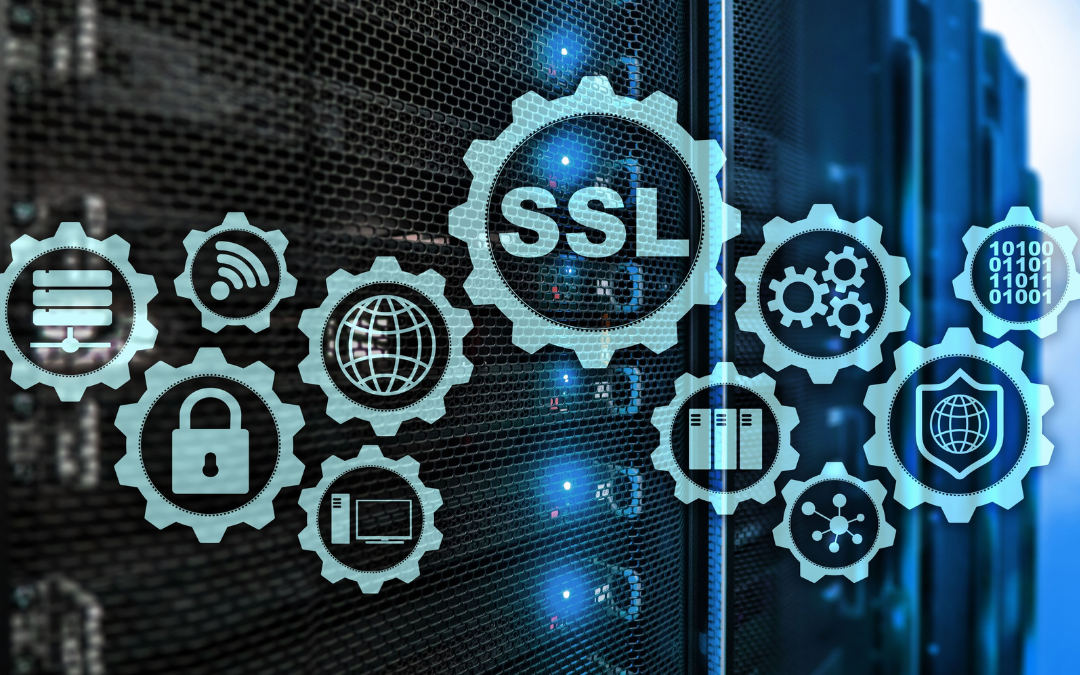
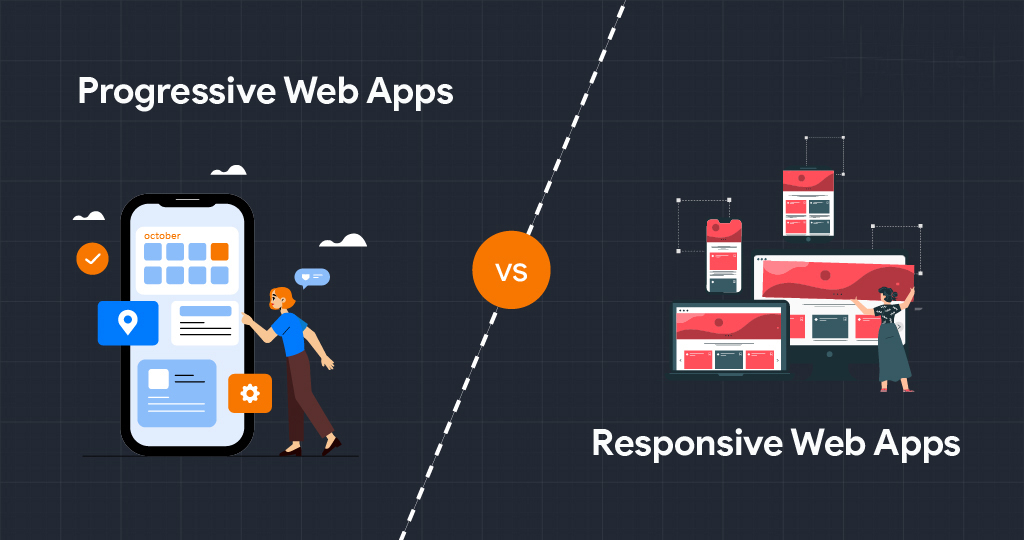







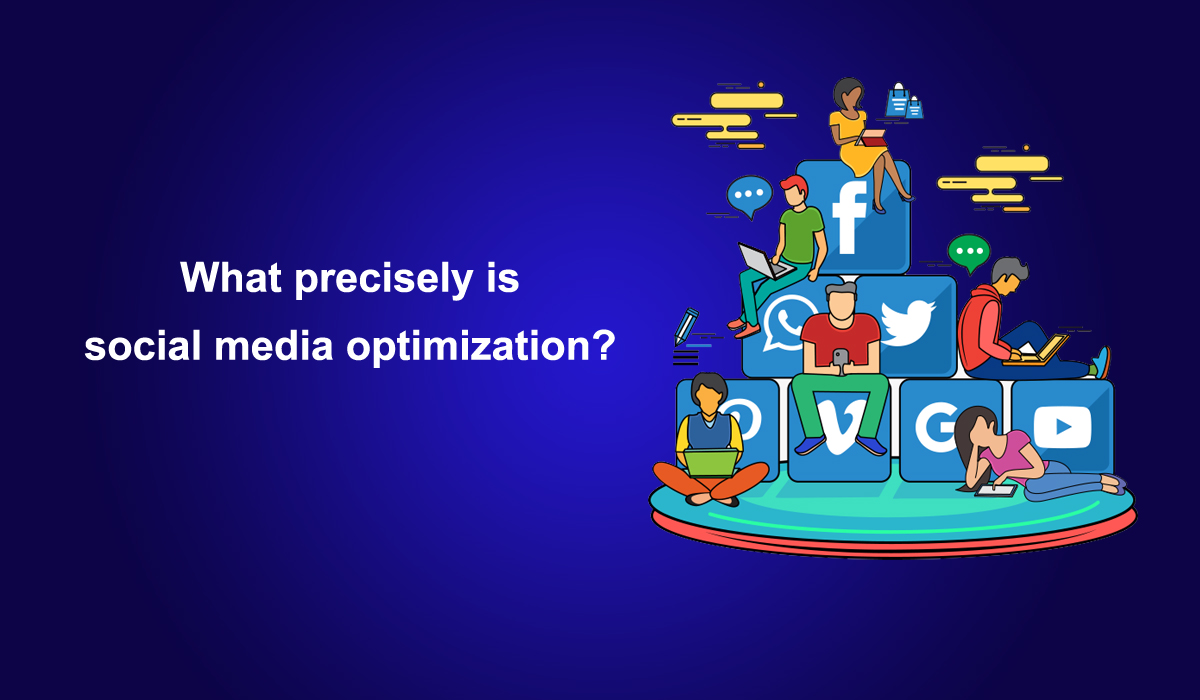

.png)

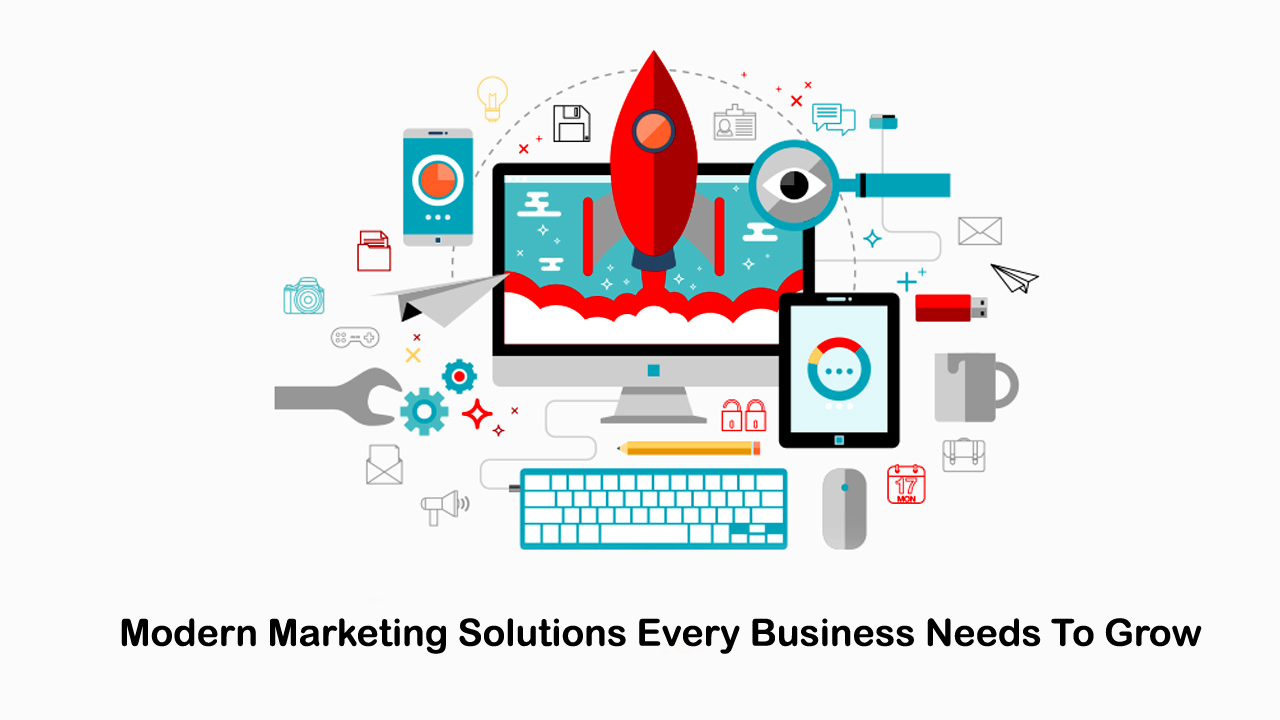

All right reserved by Itgenix Softech Solutions